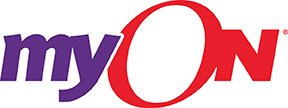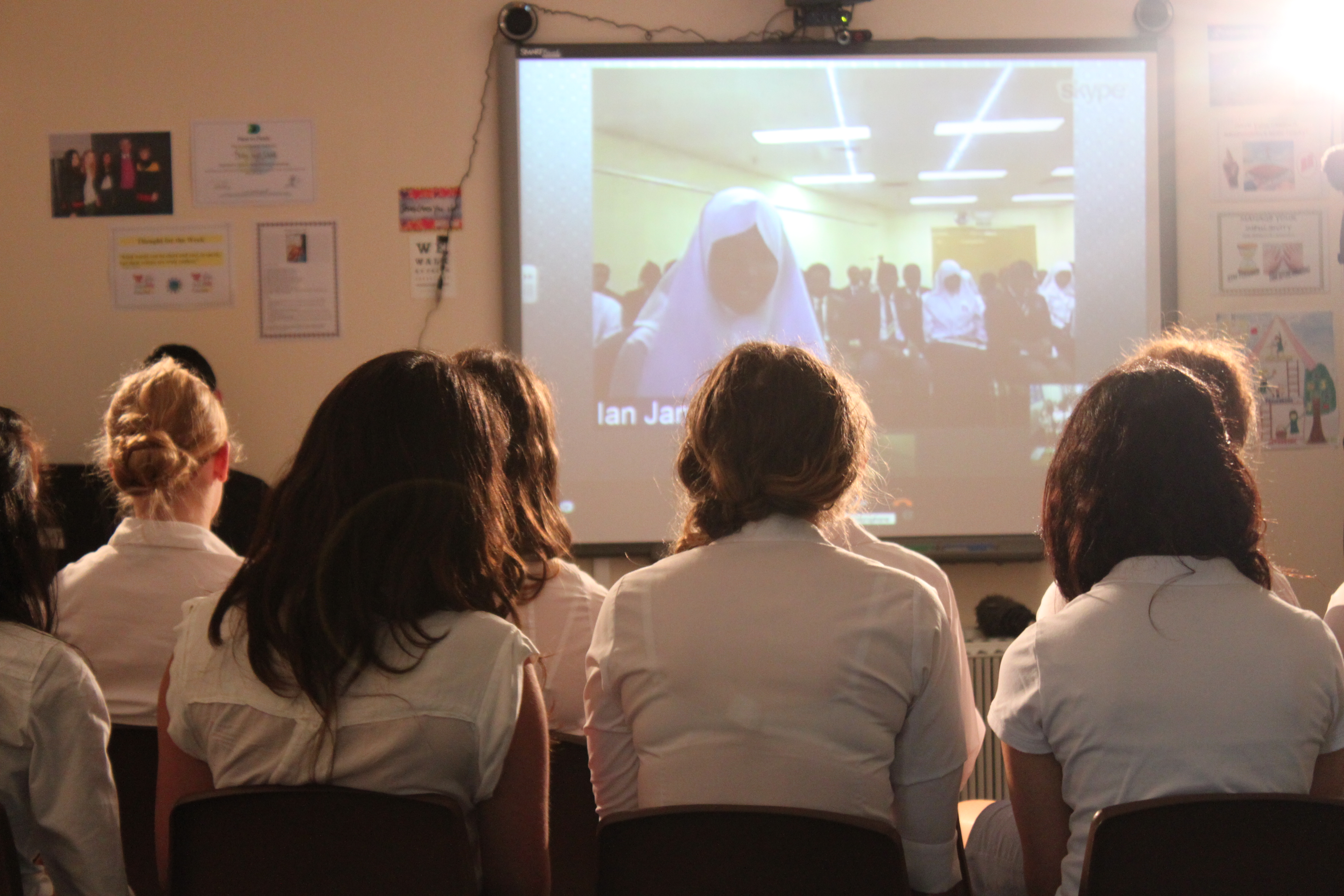Fostering a Love of Reading in English Language Learners

An ELL educator shares her best practices for helping her students develop a passion for reading.
By Korah Deanne Winn
 I have taught English to non-native speakers since graduating from college in 2006. I took my first teaching position at Lincoln School in Guadalajara, Mexico. I learned something then that has stuck with me and guided my approach to language arts instruction ever since: the best way to help students learn to read, regardless of the language, is to begin with an interest in reading itself. Achieving this with elementary students who come from a variety of different cultural backgrounds and linguistic influences requires a shared approach to learning through visual engagement and phonics.
I have taught English to non-native speakers since graduating from college in 2006. I took my first teaching position at Lincoln School in Guadalajara, Mexico. I learned something then that has stuck with me and guided my approach to language arts instruction ever since: the best way to help students learn to read, regardless of the language, is to begin with an interest in reading itself. Achieving this with elementary students who come from a variety of different cultural backgrounds and linguistic influences requires a shared approach to learning through visual engagement and phonics.
At my current school, Rock Island Academy, nearly a quarter of our K-6 students do not speak English as their first language. I have the pleasure of working with English language learners (ELLs). Many of my students come to me speaking an assortment of languages before learning English. With the younger ones, it is easier when they can start from the beginning and learn to read English as part of their normal language arts development. For some of my older kids who have already learned to read and write in an entirely different language, however, asking them to then master a second language can be tricky. I have found that no matter the age, success with reading starts by inspiring students to learn and then by providing them with the tools they need to do so. I try to teach them how to decode the language of the text — vocabulary and comprehension often come in fully later.
I was learning Spanish while I was teaching English at my first school in Mexico. In fact, I am still learning new languages today as I work with some of my students who speak Swahili and Arabic. This has really helped me approach teaching from a learner’s perspective. With that mindset, I began researching structured curricula that included the tools my students need to become successful readers and writers. When I landed on Reading Horizons, something clicked. An essential element was the online program they offer for teacher instruction. I recommend it to my practicum students and volunteers who, by taking the short preliminary workshop beforehand, can then have a stronger base themselves to help teach students to read. The program has been a wonderful way to cover all aspects of reading instruction.
Reading Horizons has organized everything very systematically so that my classes and I can easily follow the skills progression required for older students who are learning to read. With my 3rd-6th grade ELLs, I have found that phonics is one of the best ways to help my students get a foundation with the English language. This program uses instruction and practice that includes repetition so that students can really maintain what they have learned. Within the lessons, there are interactive and instructive audio options, along with vocabulary and a library of 285 reading passages. My students can highlight any section of text and have it read to them, in English or in Spanish, which helps to form essential visual and vocal associations with the letters and words on the screen.
The method covers every important skill for learning the English language, so once the structure of that system was in place, my paraprofessional and I had the time to provide more small group and one-on-one intervention. Having the proper tools in place opens the door for teachers to move beyond basic literacy and focus more on instilling a love of reading. That is especially the case with older students who may approach reading and writing in English as a chore. Finding a way to make it enjoyable and fun is essential.
I have found that when it comes to encouraging students to read, you have to make it visual. With Reading Horizons, my students make markings on difficult words they come to as they read. They get the opportunity to apply the skills they have learned to “prove” the words. In this way, the program has been like a life preserver because the very process of marking words is so helpful for them. Using the online software allows them to type, mark, and identify the English words on the screen and then to transfer those skills to reading and writing on their own. If they can decode a language as complex as English, they will be in a much better place on their journey to understanding it.
I try to inspire my students’ passion to read in any way I can. When you see the light in their eyes as they are starting to succeed at reading, it is so rewarding. I get to help kids transition to this new culture and language. When I see the sense of achievement my older students feel when they learn how to read and write English—and how it makes them want to read more—I know that encouraging our students to want to read is the first and most important thing.
Korah Deanne Winn is an English Language Learner teacher at Rock Island Academy in the Rock Island Milan School District 41, located in Rock Island, Illinois. She can be reached at [email protected]






